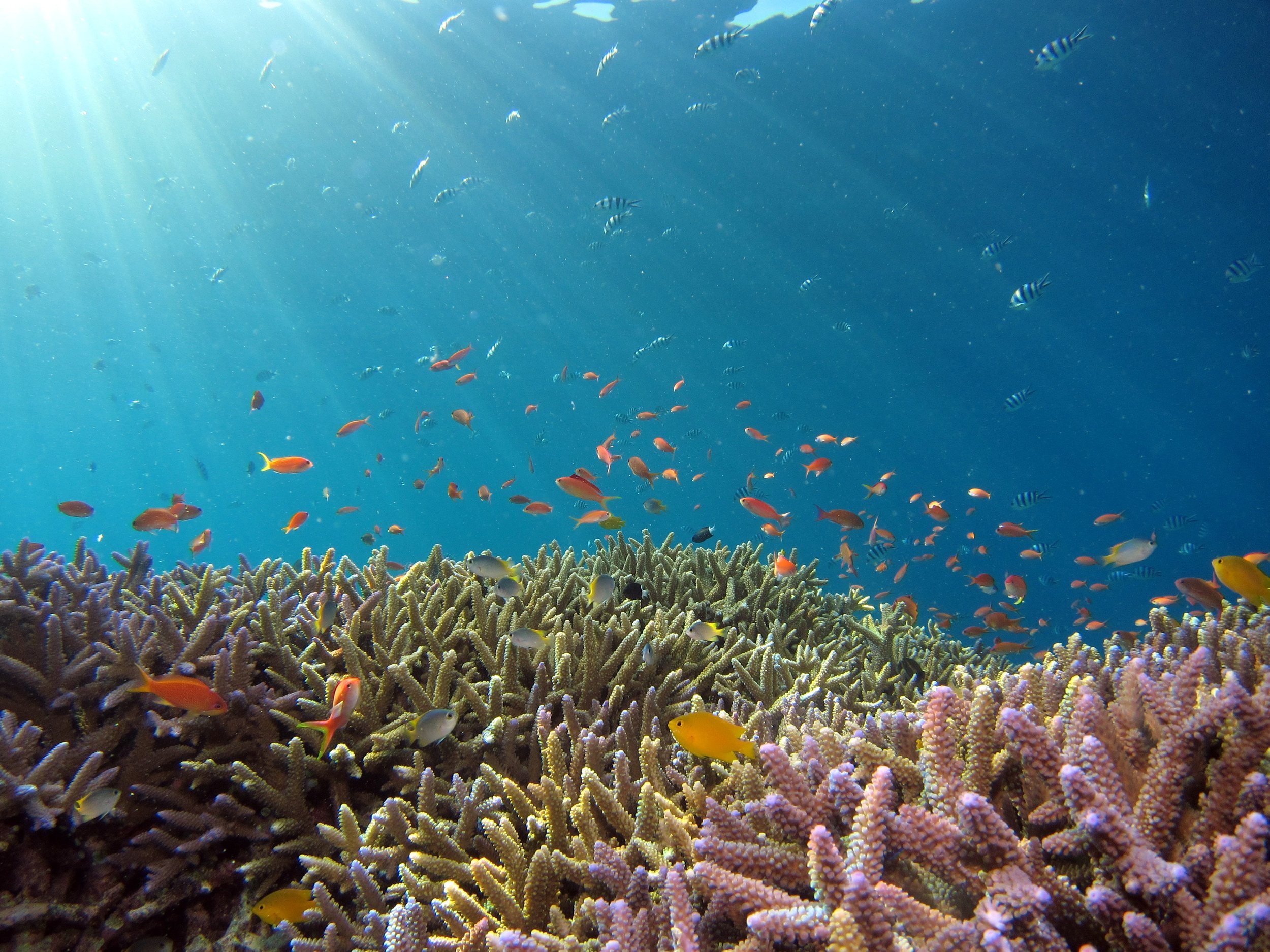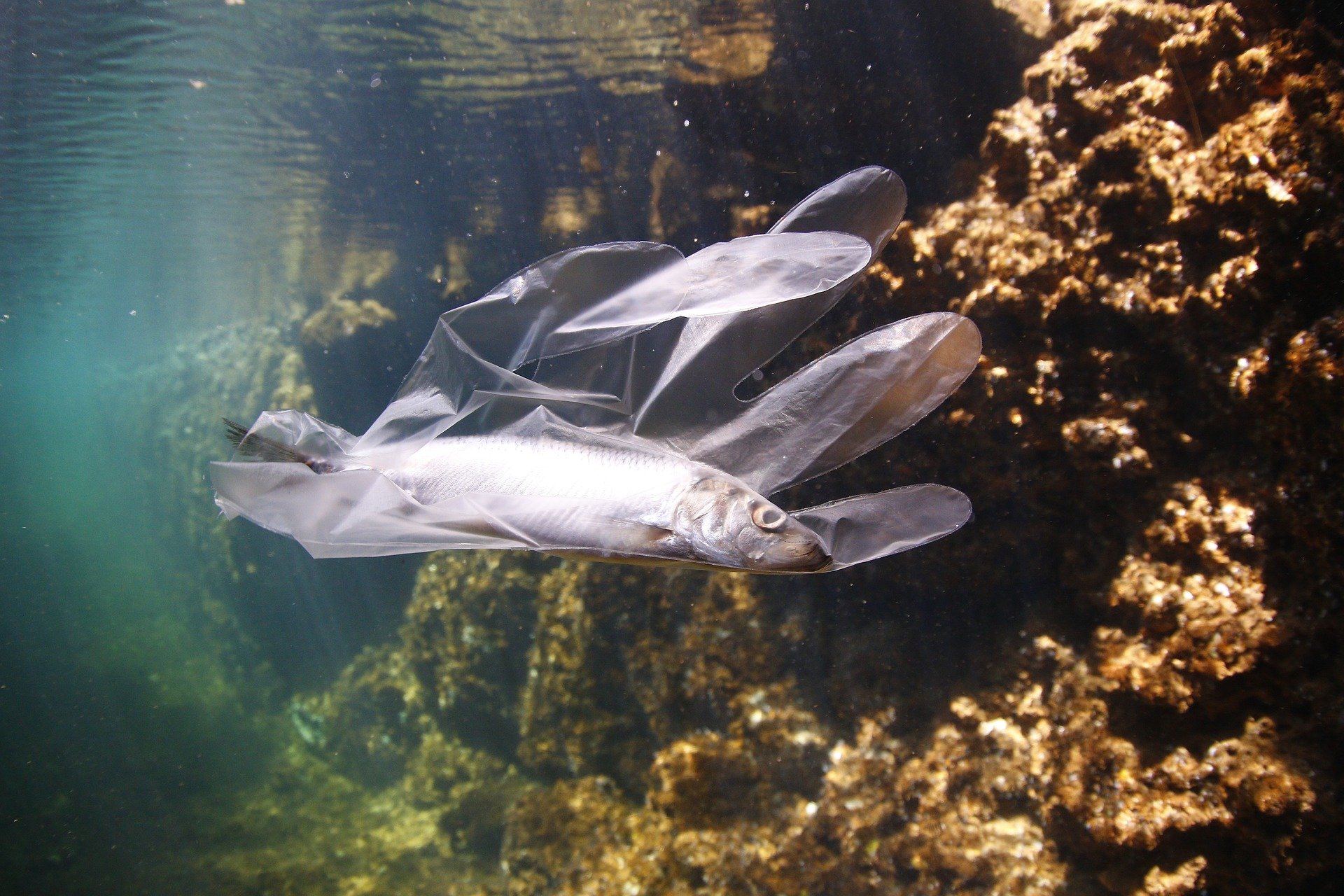
Health Of The Oceans
What Is The Problem?
The degradation of the health of our oceans is, perhaps, the most important environmental issue on the global agenda. Many believe that if we focus on saving our oceans, then we will save our planet. Here we discuss the key issues impacting ocean health and provide some helpful advice we can all follow to help address this.
Littering & Plastic
Each year, 2.41 million tonnes of plastic enter the ocean from rivers
There are an estimated 51 trillion pieces of microplastics in our oceans today
Our world is home to 5 “plastic islands”, where microplastics have accumulated in high densities
1,000 turtles and 1 million seabirds die every year as a result of by plastic pollution in our oceans
Littering and plastic pollution is severely impacting the health of our oceans. A lack of bins on footpaths and roads means that litter can originate from pretty much anywhere, but pedestrians and motorists are mostly to blame. If not disposed of correctly, litter can end up in our oceans and lead to the entanglement of plants and wildlife. If ingested, litter can be highly toxic to animals; cigarette filters, for example, are ultimately a poison pill when consumed by wildlife. They account for 50% of all littering and take up to 10 years to decompose. Many sewage systems are also not designed to filter out some plastics often flushed down the toilet, such as cotton buds and tampons, resulting in these items ending up in the ocean.
When plastic enters the ocean, sea salt causes it to degrade rapidly, becoming microplastics (plastics under 5mm in diameter). These tiny plastics are also found in many exfoliant products. Microplastics are known to have been ingested by many marine species, even microscopic phytoplanktons. These microplastics and harmful toxins are passed through different species, resulting in them building up in the food chain. They have even been identified in fish fillets and shellfish that we eat. In 2020, a new crustacean species, discovered at a depth of 6500m, was found to have microplastics in its digestive system, further cementing the scale of the problem. The new species was subsequently named Eurythenes plasticus.
In areas of the ocean where the water is stationary “plastic islands” have started to form. The largest of these islands is located between California and Hawaii and is best known as the Great Pacific Garbage Patch (GPGP); it contains 8000 tonnes of plastic - the equivalent weight of 500 jumbo jets - and is three times the size of France!
The extent of plastic pollution in our oceans is posing a significant threat to the survival of our marine wildlife. As many as 700 species are believed to have already encountered marine debris, a figure that will continue to rise, with research suggesting as many as 100 million marine mammals die every year as a result of plastic in the ocean.
Climate Change
Coral reefs cover less than 1% of the ocean floor but support over 25% of all marine life
It is estimated that over 90% of coral reefs will die before 2050
Only 5% of the ocean is protected by Marine Protected Areas (MPAs)
Climate change is another key issue impacting the health of our oceans. The ocean plays a critical role in controlling the temperature of the planet, however, as the Earth warms at an alarming rate so does the ocean. This is having a significant impact on the health of coral reefs on a global scale. Rising ocean temperatures evoke a stress response in coral reefs called coral bleaching. Bleached corals can recover if more favourable conditions return, but this needs to happen quickly to prevent the corals from starving.
Climate change is also making the ocean more acidic as it absorbs increasing levels of carbon dioxide from the atmosphere. This negatively impacts any shelled organisms and corals whose skeletons are made of calcium carbonate as this dissolves in acid. As a result, over the last 50 years we have lost over 50% of our coral reef systems.
Not only do coral reefs support a large range of marine life, they also play an important role in protecting our shores from coastal erosion and control the frequency of extreme weather events. If we continue to ignore the problems in our reefs we face the destruction of a key ecosystem, loss of many species and, closer to home, impacts to coastal communities and their livelihoods.
Sunscreen
Believe it or not, sunscreen is also having an impact on ocean health. Up to 14,000 tonnes of sunscreen wash into the ocean each year, along with many other personal-care products. Sunscreen can contain a chemical called oxybenzone which detrimentally affects coral reproduction and growth cycles, and can ultimately result in the bleaching and death of coral reefs. Although in the UK we do not have tropical coral reefs, we are home to many species of cold water corals and for all of the reasons discussed above, it is more important than ever to protect all coral species in our oceans.

Our Tip
Check the ingredients of your sunscreen and avoid sunscreens containing ‘oxybenzone’. This is a chemical that is causing coral bleaching around the world.
How You Can Help
With whale populations on the rise and many countries banning and taxing single use plastics the ocean has an amazing ability to recover from many environmental issues. If we act today there is the potential that 50-90% of marine life will recover by 2050. Our ocean has the potential to help us fight climate change, reduce our environmental footprint and remove the pressure from our land. A healthy ocean will lead to a healthier planet.
Avoid products which contain or shed microplastics. These products include exfoliants, fleeces and laundry tablets.
Check the ingredients of your sunscreen and avoid sunscreens containing oxybenzone. It is also advised to rinse before swimming in seas and rivers to avoid excess chemicals leaching into the marine environments.
Take a look at our January calendar topic to find out how to dispose of your rubbish correctly. Remember to always reuse, reduce and recycle before adding waste to landfill.
It may not be your rubbish but it is your planet. If you see litter pick it up and place it in a bin or recycle it. During the coronavirus pandemic it is especially important to not touch your face and wash your hands as soon as possible after picking up any litter. If you are litter picking along our coastlines record and report your findings to the ocean conservancy.

Ocean Tourism - Our Tips
If you are scuba diving or snorkelling, please do not touch or take away any part of a coral reefs. Even previously broken bits of coral are used by fish and other sea creatures.
Check that your tour operator or activity organiser has been certified to show they run their business in a sustainable way to protect the oceans. See below for further information.
When buying souvenirs, please consider what they have been made from. Making a purchase can encourage more destruction of our oceans.
Useful Symbols
Sustainable Tourism Education Program
The Sustainable Tourism Education Program, or STEP, is a sustainability management program designed by the tourism industry. STEP is based on a framework that measures all aspects of sustainability for tourism businesses and serves as a practical tool for assessment, benchmarking and education.
Green Tourism Business Scheme
The GTBS is the national sustainable tourism certification scheme for the UK & Ireland with over 2400 members. It is the only national certification programme endorsed by the National tourism agencies.
Green Globe Certification
The Green Globe Standard facilitates responsible and sustainable environmental and social activity; and improved environmental and social outcomes for travel and tourism operations.
Useful Links & Further Information
Click the title below for further information.
-
Find out if the products you use contain microplastics with this useful checker.
-
In partnership with volunteer organisations and individuals around the globe, Ocean Conservancy’s International Coastal Cleanup engages people to remove rubbish from the world’s beaches and waterways, identify the sources of debris and change the behaviours.
-
UK supermarkets currently generate 900,000 tonnes of plastic packaging every year. By ditching plastic packaging, supermarkets have the power to lead the way in dramatically reducing the amount of single-use plastic produced. Add your name to the petition and tell UK supermarkets to ditch throwaway plastic packaging.











